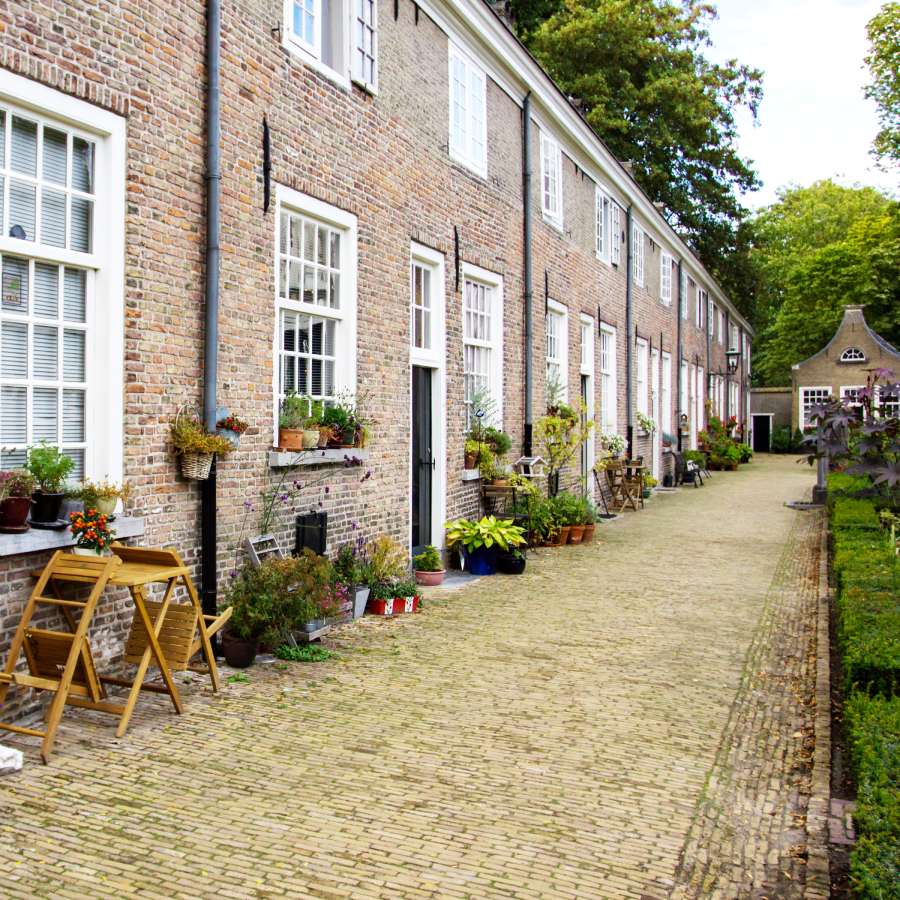Are you looking to purchase a property at a discount but not sure how to finance it?
Traditional lending is worked out using the property purchase price. Drake Mortgages can offer finance solutions that use the higher Open Market Valuation of the property, enabling investors to borrow more, using less of their own cash.
It’s not quite a ‘no money down’ scenario but the gearing is increased considerably, enabling portfolios to be expanded more quickly.
What does Below Market Value mean?
Below Market Value (BMV) is a term for properties that are sold below a value that should ordinarily be achieved on the open market.
WHY WOULD A SELLER WANT TO DO THIS?
Every person has different reasons for selling. For a seller to sell below market value it normally means they need the property transaction to go through quickly and without further negotiations.
Some possible reasons could be:
- financial difficulty
- repossession
- divorce
- relocation
- incomplete refurb
- death
So if a property has been valued at £250,000 and the owner agrees to sell for £187,500 this would be below market value. This will often happen where a sale is negotiated direct and without an agent.

Are you allowed to sell a property below market value?
Yes you are allowed to sell a property for less than it is worth. In fact, you can choose to sell the property for any value that a buyer agrees to .
Often selling under value is done for one of the reasons above. Another common reason is to sell to a family member. This could be parents helping their children to get on the property ladder by selling them a property at a reduced (concessionary) price.
This could give rise to some tax consequences; stamp duty, inheritance tax, capital gains tax. We would recommend seeking professional advice prior to the transaction commencing.
What does Open Market Value mean?
The market value of a property can be very subjective and is affected by location, amenities, local area, economy, condition etc. Put simply it is the mutually agreed value for which a seller is willing to sell at and a buyer is willing to buy at.
The International Valuation Standards Council (IVSC) defines ‘market value’ as:
“The estimated amount for which an asset or liability should exchange on the valuation date between a willing buyer and a willing seller in an arm’s length transaction, after proper marketing and where the parties had each acted knowledgeably, prudently and without compulsion.”
To determine the market value lenders will ask a RICS surveyor to visit the property and provide a valuation figure. This value will not be affected by the sellers motivation to sell quickly because they have financial problems.
High street banks and building societies will always use the lower of the valuation or purchase price when calculating their maximum LTV. This is not helpful for BMV investors as it reduces their ability to borrow (gearing).
In the example above where the property is sold for 187K but is worth 250K a mortgage lender would only use the 187K value for their mortgage calculations. This is fine for a transaction where someone is purchasing a home to live in but investors don’t want to tie up unnecessary capital if there’s a possibility that it can be borrowed back.
What is Below Market Value Finance?
Below Market Value Finance is generally bridging finance where the lender uses the value of the property, rather than the purchase price, for the purposes of calculating loan to value.
So if a property is worth 250K but is being sold for 187K then the lender will take the higher figure of 250K to work out the maximum loan.
There is a big advantage to the purchaser/investor as this means that they can borrow more and gear the investment at a higher percentage.
The lender however could be at a disadvantage if the higher valuation is incorrect. So all lenders that offer finance for a BMV transaction will look very carefully into the seller, the buyer and also the different values.
The lender may also choose to have the property value calculated differently. Instead of the Open Market Value they may select market value with the assumption of vacant possession or use one of the alternatives below, of which both will give lower valuation figures.
90 day value
A valuation process that includes a restricted marketing (selling) period of only 90 days. Put simply the likely price achieved if the property had to be sold within 90 days.
Often used for below market value transactions and helps to establish what the property could be worth due to a forced sale, possibly via auction.
180 day value
A valuation process that includes a restricted marketing (selling) period of only 180 days. Put simply the likely price achieved if the property had to be sold within 180 days.
Often used for below market value transactions and helps to establish what the property could be worth due to a forced sale.
How does Below Market Value finance work?
To borrow against the value of the property rather than its price usually means financing it with a bridge loan. Lenders that offer longer term mortgages such as buy to let will usually only use the lower purchase price for their calculations.
Certain bridging lenders are happy to lend against the value (max 75% LTV), increasing the potential loan amount.
By design bridging finance is for the short term only, 3-18 months or so. All bridging loan lenders need to hear about your exit route, this is how you intend to repay them. This could be by selling the property or by refinancing it.
The loan will be set up on an interest only basis and often you can roll-up the interest so no monthly payments are needed (great for cashflow).

Here are two very simple examples to show how you can increase the loan size by borrowing against the purchase price. This has the effect of benefitting your cash position, possibly allowing you to purchase more properties.
Borrow against purchase price
| Open Market Value | £250,000 |
| Purchase Price | £200,000 |
| 75% loan | £150,000 |
| Cash deposit | £50,000 |
| LTV against value | 60% |
Borrow against value
| Open Market Value | £250,000 |
| Purchase Price | £200,000 |
| 75% loan | £187,500 |
| Cash deposit | £12,500 |
| LTV against value | 75% |
So how do you pay back the bridging loan?
Broadly speaking there are two ways of paying back a bridging loan:
- By sale of the property
- By another form of borrowing
SALE OF THE PROPERTY
This is pretty straightforward, you sell the property for the OMV figure and repay the bridge, keeping the profit for yourself. This is effectively flipping the property. ie selling almost immediately.
Bridging finance is quite expensive so you won’t want this to last longer than necessary.
REFINANCE
A more common way with BMV properties is to refinance/remortgage over to a long term mortgage.
If the property is to be retained as an investment property you could use a:
- buy to let mortgage
- holiday let mortgage
- commercial mortgage
By remortgaging you can take full advantage of the property’s current value and the interest rates will be much lower than the short term bridge.
WATCH OUT FOR THE SIX MONTH RULE
This is a rule that applies to remortgage applications where the property has been owned for less than 6 months.
Many lenders will not accept remortgages where the period of ownership is less than six months, some extend this to twelve months. This is often called a day one remortgage.
We can work with you so that the bridge and the exit mortgage applications are unaffected by this.
Read more about the six month mortgage rule.

Benefits of bridging loans
- Quick to arrange
- Use for any legal purpose
- Borrow against the OMV
- Purchase a property
- Raise capital on a property
- Flexible borrowing criteria
- Poor credit accepted
- All properties considered
- 100K minimum loan, no max

